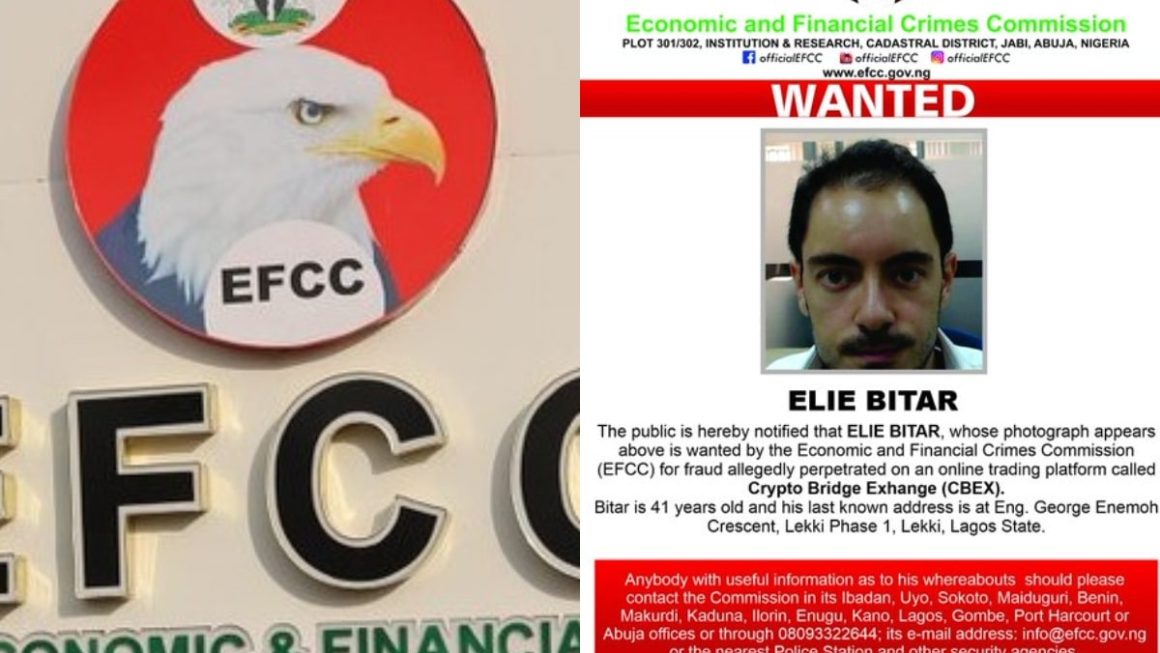The Trade Union Congress (TUC) and the Supreme Council for Sharia in Nigeria have strongly opposed the proposed increase in Value Added Tax (VAT) as part of the federal government’s tax reform bills. The proposed hike, which aims to raise VAT from the current 7.5% to 10%, has sparked widespread criticism from labor unions, religious groups, and economic experts.
Rising Opposition
The federal government’s plan to implement the new tax policy is part of a broader strategy to boost revenue and reduce the nation’s budget deficit. However, the proposal has been met with fierce resistance, with critics arguing that the hike will worsen the economic hardships faced by Nigerians.
The TUC, in a statement signed by its President, Festus Osifo, described the proposed VAT increase as “insensitive and detrimental to the welfare of Nigerian workers and citizens.” Osifo emphasized that the government should prioritize addressing inflation, unemployment, and poverty instead of imposing additional tax burdens on struggling households.
“Nigerians are already grappling with the rising cost of living and economic uncertainties. Increasing VAT will only exacerbate the suffering of the masses and further widen the gap between the rich and the poor,” Osifo stated.
Sharia Council’s Stand
The Supreme Council for Sharia in Nigeria also voiced strong opposition to the tax hike, warning that it would disproportionately affect low-income families and small businesses. The council’s Secretary-General, Nafi’u Baba Ahmed, criticized the proposal, describing it as “unfair and unjust to the common man.”
Ahmed argued that the government should explore alternative means of generating revenue without inflicting additional hardship on the populace. He called for more transparent governance and a crackdown on corruption as a means to improve revenue collection.
“It is unacceptable for the government to shift the burden of economic reforms onto the poor while corruption and wasteful spending continue unchecked,” Ahmed said.
Economic Implications
Economists have warned that the proposed VAT hike could lead to higher prices for goods and services, further fueling inflation and reducing consumer purchasing power. Small and medium enterprises (SMEs), which form the backbone of the Nigerian economy, are likely to bear the brunt of the tax increase.
Dr. Hassan Abdul, an economic analyst, noted that while the government needs to increase revenue, the timing of the VAT hike is problematic given the current economic climate.
“The government must strike a balance between revenue generation and protecting vulnerable citizens. Increasing VAT at this time will only worsen poverty levels and undermine economic growth,” Abdul said.
Government’s Defense
Despite the backlash, the federal government has defended the proposed tax reforms, stating that they are necessary to improve public services and infrastructure. The Minister of Finance, Wale Edun, assured that measures would be put in place to cushion the impact of the VAT hike on low-income earners.
“The tax reform is aimed at creating a more sustainable economy. We understand the concerns of the people, and the government is committed to implementing social welfare programs to mitigate the effects of the new policy,” Edun said.
Public Reaction and Way Forward
The proposed VAT hike has sparked heated debates across the country, with many citizens expressing their frustrations on social media and through protests organized by labor unions. The TUC has threatened to embark on a nationwide strike if the government proceeds with the tax increase without adequate consultations.
Human rights organizations have also joined the chorus of opposition, urging the government to prioritize economic reforms that address corruption, job creation, and social welfare.
As the pressure mounts, analysts have called for dialogue between the government and stakeholders to find a more balanced approach to revenue generation. The outcome of these discussions will likely shape the trajectory of the tax reform bills and the broader economic policies in the months ahead.












